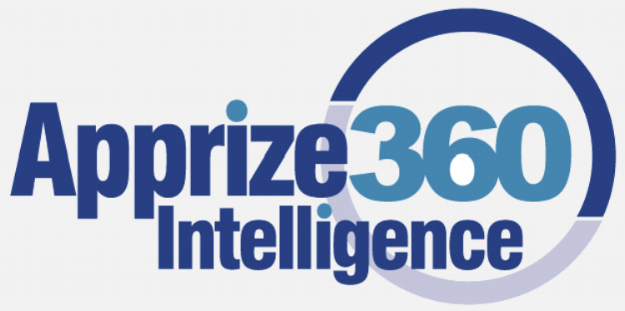How to Increase Your Company's Win-Rate
Putting your customer at the center of your sales, product development, and marketing is a key practice successful companies are striving to incorporate and maintain. One customer centric program companies are adopting to improve sales win-rate is incorporating regular customer win-loss interviews to sharpen your product messaging, marketing strategy, and sales tactics.
Learning from your both your won and lost customers can help you to understand what truly matters to your customers, why they think your company is different and better (or worse) than the competition, and why they selected the vendor they did. In addition, win-loss interviews can also help you understand how to re-focus your sales team with an approach & execution strategy that shows your prospects why your company's offering will better fit their needs than the competition.
But, win-loss interviews are not something you can quickly throw to an interim to do or use a web survey to complete. Win-loss interviews require a mix of art and science to maximize the results and get real nuggets of actionable intelligence. If you are serious about using win-loss interviews to increase your sales win-rate, a defined strategy and process will be required to have actionable results. In my experience, here are a few things to consider when building a win-loss interview process:
- Using a third-party can make a significant difference in outcomes: Not only do I not have the time to complete 30 interviews a quarter and analyze the data, but having a 3rd party can help bring an unbiased perspective on why you are winning or losing sales to the competition. Plus, in my experience customers seem to be more comfortable and open talking with someone that isn’t employed by your company. If you don't have the budget for using a third-party, find someone within your organization that has the experience and success to quickly gain a decision-maker's trust and can have a "discussion" with them rather than an "interview".
- Don't limit interviews & data to how to position against the competition: Win-Loss interviews can be used to not only power competitive learning but also help you to understand your own sales team’s effectiveness. With the right discussions, you can quickly understand that your sales team needs a new sales approach to prospects or a revised sales execution strategy.
- "Why you Win" is just as important as "why you lose": Understanding why you win can help you to replicable the elements of a successful sales cycles to increase overall win-rate. It is important to understand why you lose, but understanding why you win, and replicating those reasons, are just as critical.
- Great insights are not going to come from a single interview: In my experience, the "ah-ha" moments come when you have several different interviews completed and you pull the key insights out from each one and analyze the interviews collectively. Looking at all the key insights from multiple deep interviews can help you to identify the competitive differentiation you are looking for or help you to re-shape your sales team's approach to prospects.
- Win-Loss results are only as good as they are shared: If you don’t share the results of your win-loss interviews, there really isn’t any reason to do it in the first place. You don’t need to share entire transcripts. However, it is critical to share the highlights and themes of the aggregate analysis of the interviews. I share results with a broad group of internal customers: product management, company leadership, sales teams, and marketing team members.
- Measure changes in customer feedback over time: I like to complete a set number of "wins" and "losses" each quarter and analyze these results monthly and then again quarterly. But identifying changes in customer perceptions from quarter-to-quarter can help you to proactively identify new competitor messaging and strategies or emerging needs of your customer where you have product gaps.
- Get sales rep buy-in first: Before you interview a won or lost customer, get the sales rep or account executive involved in the sales cycle first! Either have your interviewing partner company contact them or you email them directly. Whatever you do, make sure the rep/AE is included in this process BEFORE you reach out to the customer. They may be able to share with you that the sales cycle hasn't formally been completed, that there are politics involved that you want to avoid, or the decision-maker is no longer at the customer company.
Often times, what we "think" are critical differentiators and strong "why-to-buy" messages do not resonate with customers. Developing a strong win-loss interview program can help you to proactively identify where your messaging, marketing strategy, and sales tactics need refinement and how you can help your sales teams to increase win-rate through positioning your customers are telling you they want.
